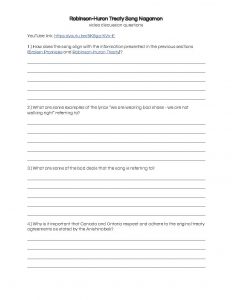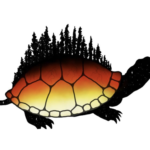The Ipperwash Crisis
Big Ideas:
- Took place in 1995 in and around what is known as Ipperwash Provincial Park.
- Federal government took land that belonged to Stoney Point Indian Band (now known as the Chippewas of Kettle and Stony Point First Nation) to use as a military camp in 1942
- After repeated requests to return the land, members of Stoney Point occupied the camp in 1993 and 1995
- Ontario Provincial Police got involved resulted in a lethal confrontation and killed Anthony “Dudley” George
Let’s Explore:
Watch the following video by Maurice Switzer who talks about the Ipperwash Crisis:




